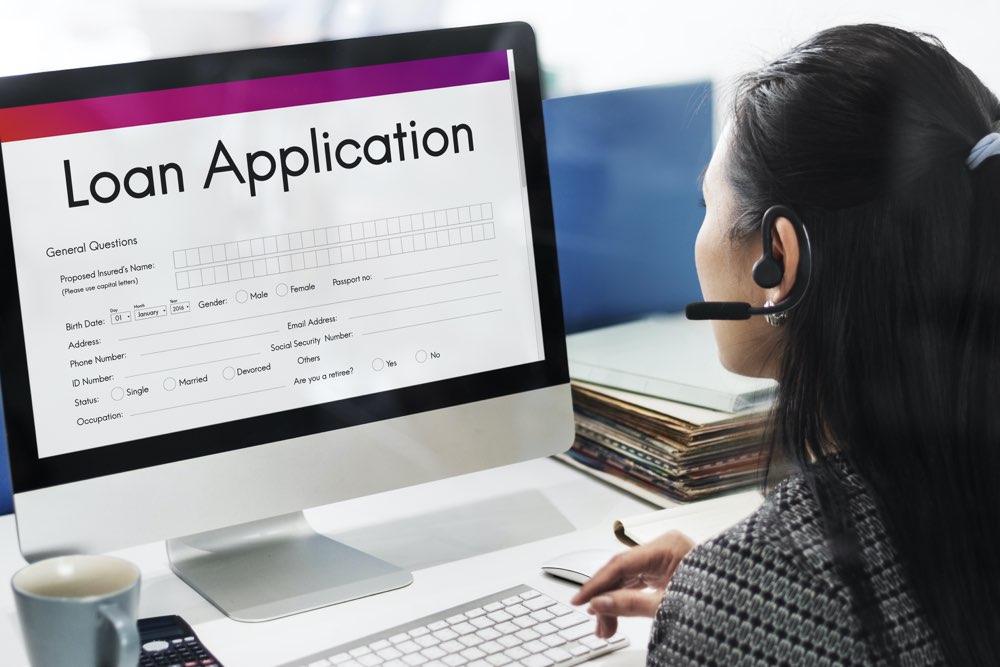5 easy steps to make a successful VA loan application

Veterans or those on active duty can avail of VA loans for any financing purposes. The federal government guarantees these loans. However, to get them, there are specific steps to be followed for successful application. These steps include everything from looking for the best VA loan lenders to maintaining a stable credit score. Here are a few easy steps to make a successful loan application for veterans.
1. Get preapproval for the VA loan
With preapproval, you can determine your budget. This process involves telling your VA loan lender about your homebuying goals, employment history, and military service. Some documents required during this process include copies of your driver’s license, DD-214 or Guard/Reserve points statements, recent pay stubs, and bank statements.
2. Look for VA-approved loan lenders
Always shop for a lender who is an active participant in the VA loan program. The best VA loan lenders would offer several options and deals. The deals generally differ based on discount points, interest rates, and VA closing costs. If you face any difficulty, a loan officer can help you find the right VA loan lender.
3. Get an eligibility certificate
A certificate of eligibility or COE is proof that you have met all the eligibility criteria for the VA loan. You can obtain the COE directly through the government’s online portal for VA. However, VA loan lenders also offer ways of applying for a COE.
4. Get a contract or purchase agreement signed
A purchase agreement or contract is essential to get ahead with the VA loan process. This contract encompasses multiple contingencies, such as assurance of home inspection, the process of handling repair requests, the number of days for the buyer to secure the finances, and so on. A loan officer and real agent can assist you in preparing a robust contract.
5. VA loan closing
This is the final step. Before loan closing, most VA loan lenders verify your employment and other crucial information for the last time. Then a Closing Disclosure is dispatched right before the loan closing is scheduled. With this document, you can compare the loan information and final closing costs with the initial estimates.